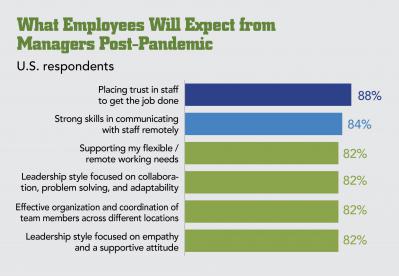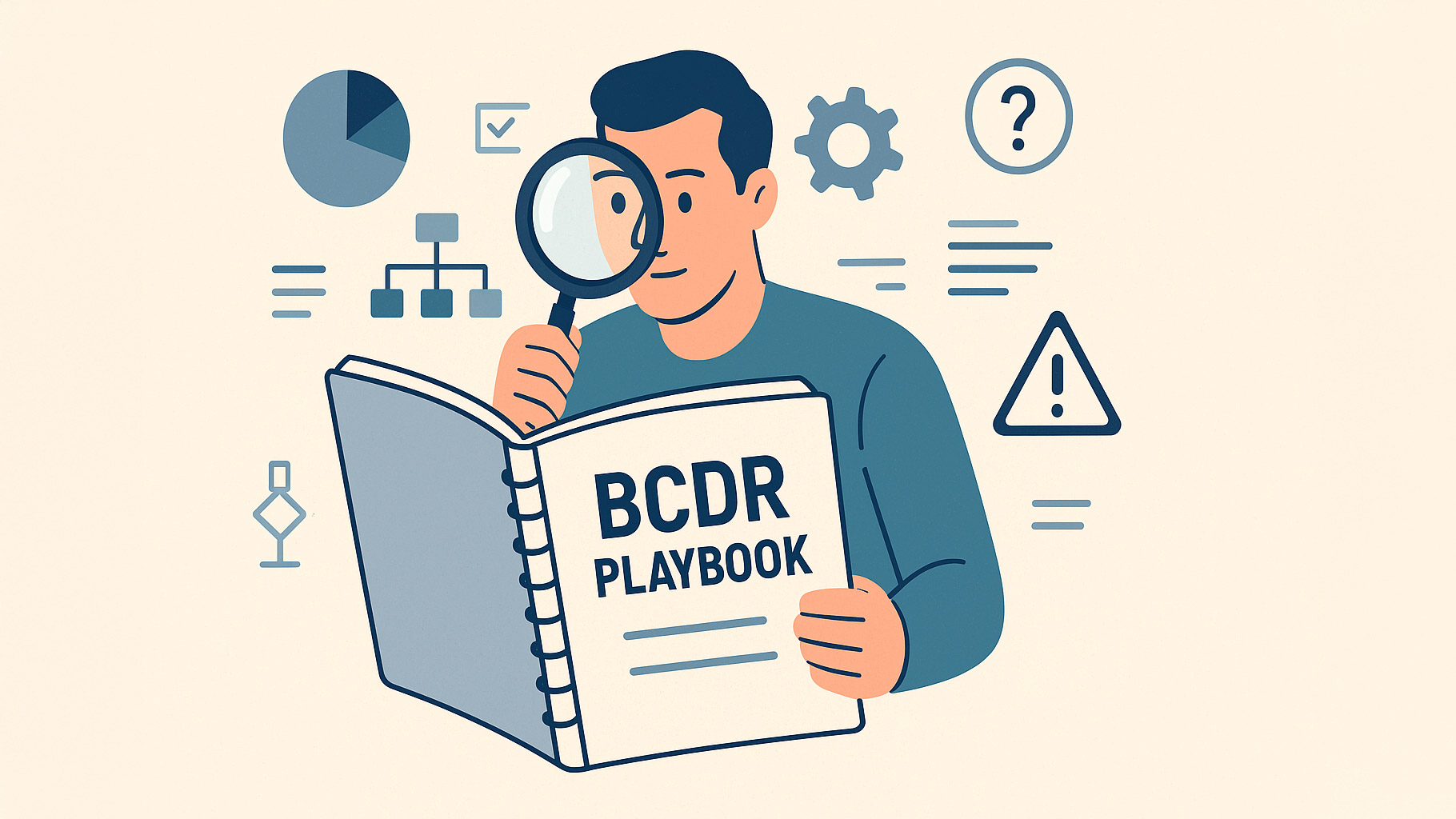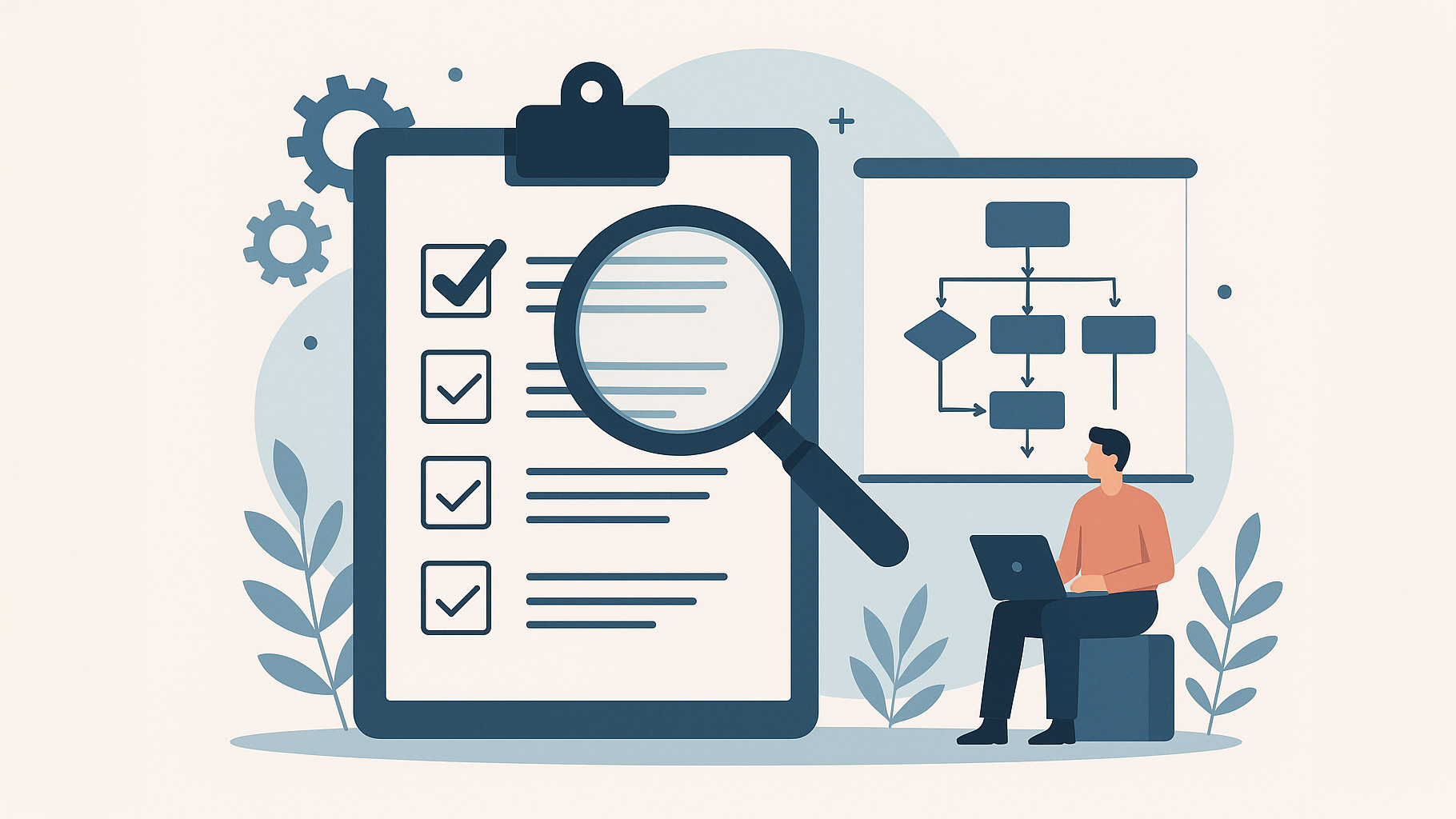FACE IT, the workplace will be different in a post-pandemic world and businesses, and the channel pros who advise them, will need to adjust. At least that’s what new research from the Adecco Group, an HR solutions company, finds in the study Resetting Normal: Defining the New Era of Work, conducted in May 2020 with 8,000 respondents across eight countries.
For starters, remote work is likely here to stay. Nearly three-quarters (74%) of workers surveyed favor a mix of office-based and remote working going forward, and only 19% of workers say they have had a negative experience at home during the pandemic. The ideal office/remote mix, according to respondents, is 51%/49%. Of note, that’s not just coming from millennials or Gen Z either; it transcends geographies, generations, and parental status.

Even company executives are on board, with 77% of C-suite leaders saying businesses will gain from increased flexibility. One benefit is it will make jobs accessible to more people, according to 62% of respondents overall, and 73% of executive management.
The 40-hour work week could go the way of the dinosaurs too. More than two-thirds of workers are in favor of “results-driven work,” and 74% of executives agree that the length of the working week should be revisited.
Working remotely has shined a light on digital skills, and 6 in 10 respondents say theirs improved during lockdown, while 69% are looking for further digital upskilling in the post-pandemic era. Respondents also identified a broad range of skills development as important, including managing staff remotely (65%), soft skills such as emotional intelligence and empathy (63%), and creative thinking (55%).
Challenges to a “”reset”” workplace include collaboration, relationships with colleagues, and mental well-being, the survey finds. Indeed, 28% of workers indicate their mental well-being has worsened due to the pandemic, with only 1 in 10 rating their managers highly on their ability to support their emotional health.
Image: iStock












